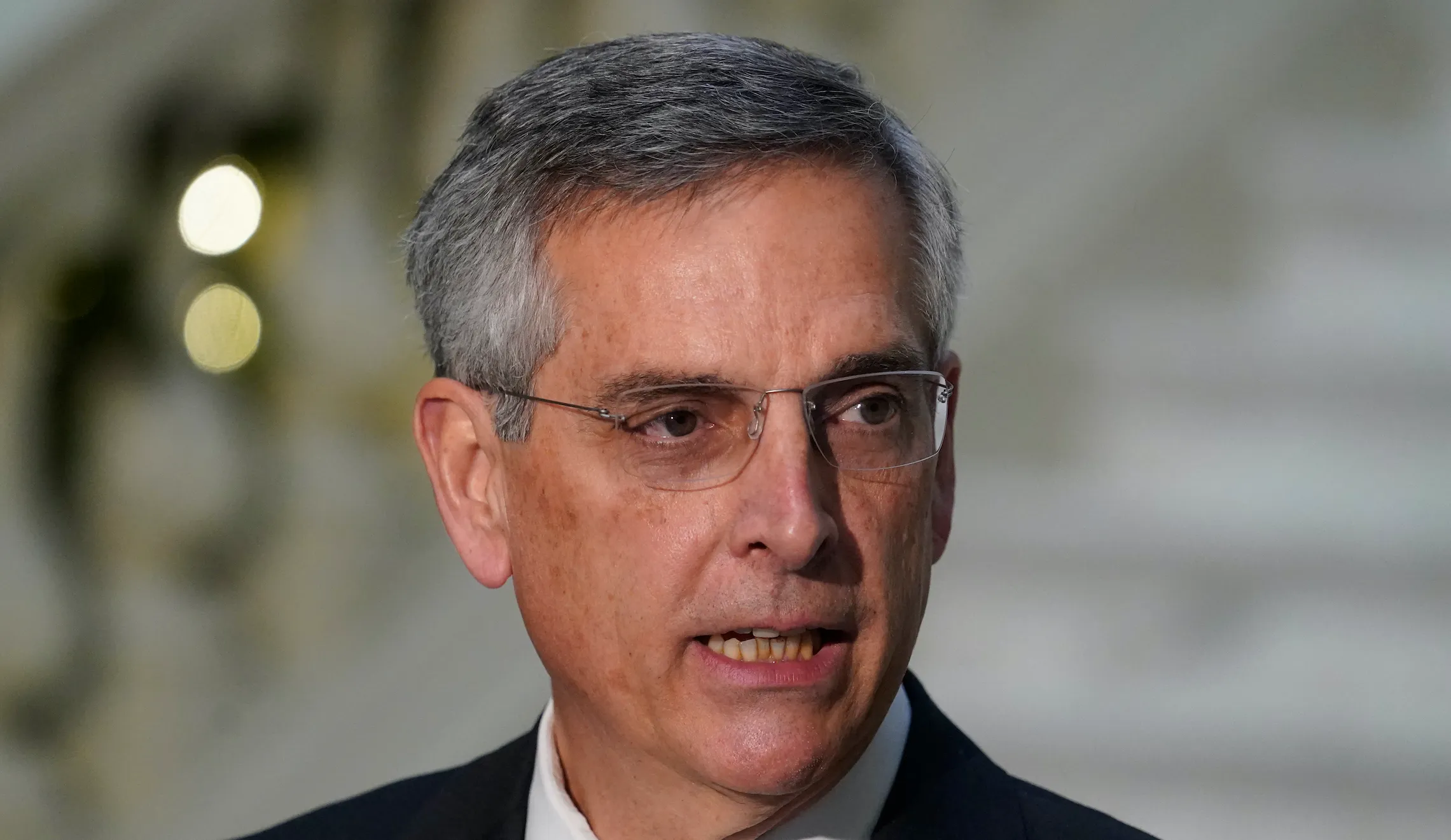Sen. Lindsey Graham (R-SC) said he plans to appeal a judge’s order to testify before a Georgia grand jury in his bid to avoid answering questions as to whether any laws were broken by former President Donald Trump and his allies in their attempts to overturn the results of the 2020 presidential election.
U.S. District Judge Leigh Martin May denied Graham’s efforts to avoid a subpoena on Monday, finding that while some members of Congress have protections against being forced to testify about their legislative work, the Fulton County grand jury is looking into a host of post-2020 election conduct that likely falls beyond those protections.
But Graham issued a statement soon after the ruling Monday morning, saying he plans to appeal to the 11th Circuit, citing the Constitution’s speech and debate clause. His decision to appeal could delay the subpoena’s requirement for him to appear as a witness before the grand jury on Aug. 23.
The South Carolina senator argued the speech and debate clause “prevents a local official from questioning a Senator about how that Senator did his job,” according to a Monday statement from his office.
LINDSEY GRAHAM REVIVES CHALLENGE TO GEORGIA ELECTION INQUIRY SUBPOENA
INBOX: U.S. Sen. Lindsey Graham’s office releases statement saying he plans to appeal the decision to the 11th Circuit after a federal judge said the South Carolina Republican must testify before a special grand jury in Georgia. Full statement >>> #scpol #scnews #gapol #chsnews pic.twitter.com/zgMH7b1E04
— Caitlin Byrd (@MaryCaitlinByrd) August 15, 2022
“Here, Senator Graham was doing his due diligence before the Electoral Count Act certification vote — where he voted to certify the election. Although the district court acknowledged that Speech or Debate may protect some of Senator Graham’s activities, she nevertheless ignored the constitutional text and binding Supreme Court precedent,” the statement from Graham’s office said.
Graham argued that Fulton County District Attorney Fani Willis could not satisfy the “extraordinary circumstances” standard in the case needed to justify calling the senator to testify before a grand jury.
However, Judge May wrote that the district attorney had “shown extraordinary circumstances and a special need for Senator Graham’s testimony on issues relating to alleged attempts to influence or disrupt the lawful administration of Georgia’s 2020 elections.”
In the weeks after the November 2020 election, Graham made two calls to Secretary of State Brad Raffensperger, according to the July 5 subpoena.
Raffensperger has said he believed Graham was urging him to find a way to toss out legitimately cast mail-in ballots, though Graham has denied the secretary of state’s assertions.
“The Witness also made reference to allegations of widespread voter fraud in the November 2020 election in Georgia, consistent with public statements made by known affiliates of the Trump Campaign,” the court documents state.
May allowed Graham to raise new legal challenges in certain areas of questioning ahead of the grand jury but wrote the record was not fully complete to where she could rule on that, thus sending the case back to the Superior Court of Fulton County, which issued the subpoena. Graham can still appeal the judge’s ruling.
CLICK HERE TO READ MORE FROM THE WASHINGTON EXAMINER

The South Carolina senator’s attorneys have described the subpoena as “all politics,” adding that “Fulton County is engaged in a fishing expedition and working in concert with the January 6 Committee in Washington,” according to a statement from July.
Graham’s challenge follows a similar bid by Georgia Rep. Jody Hice, a Republican who has repeated Trump’s election fraud claims. The same judge rejected Hice’s legal bid to quash a subpoena levied against him by the special grand jury for the Fulton County inquiry into the 2020 election.

